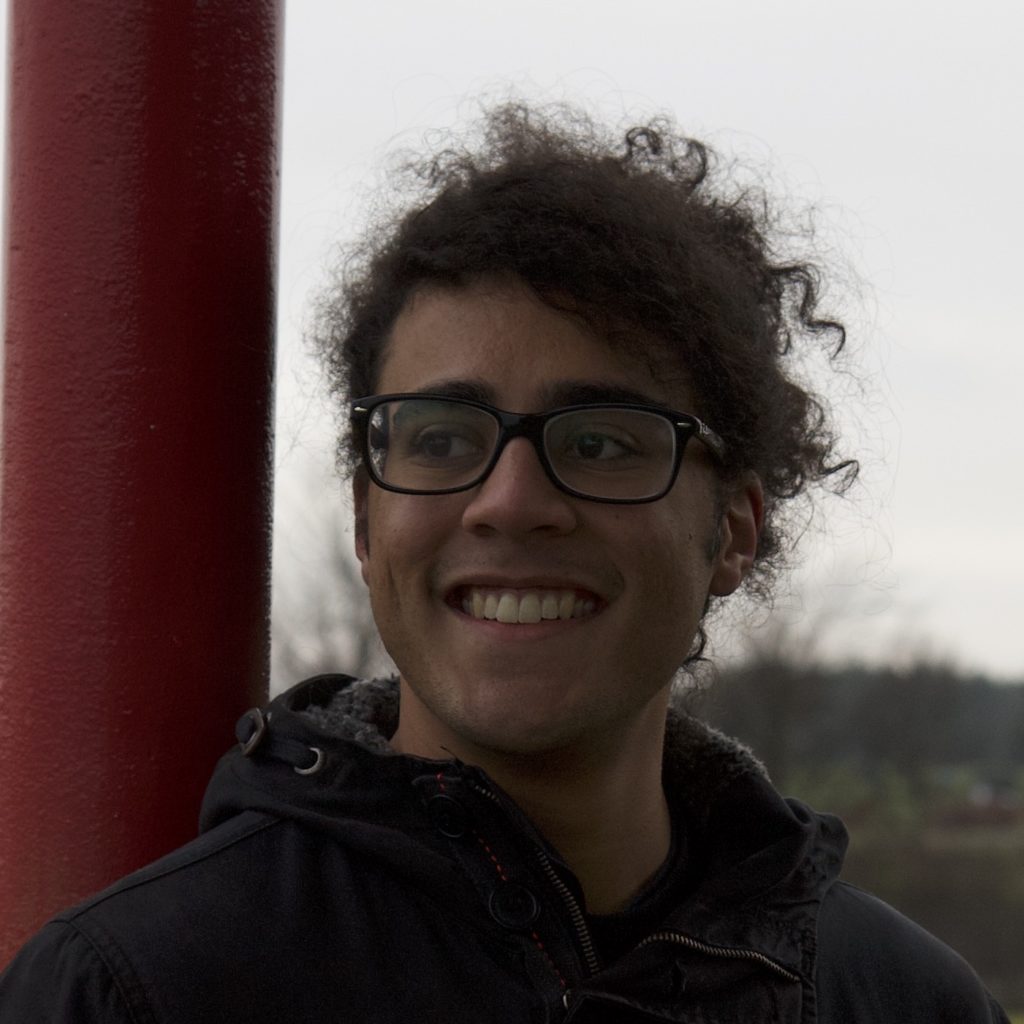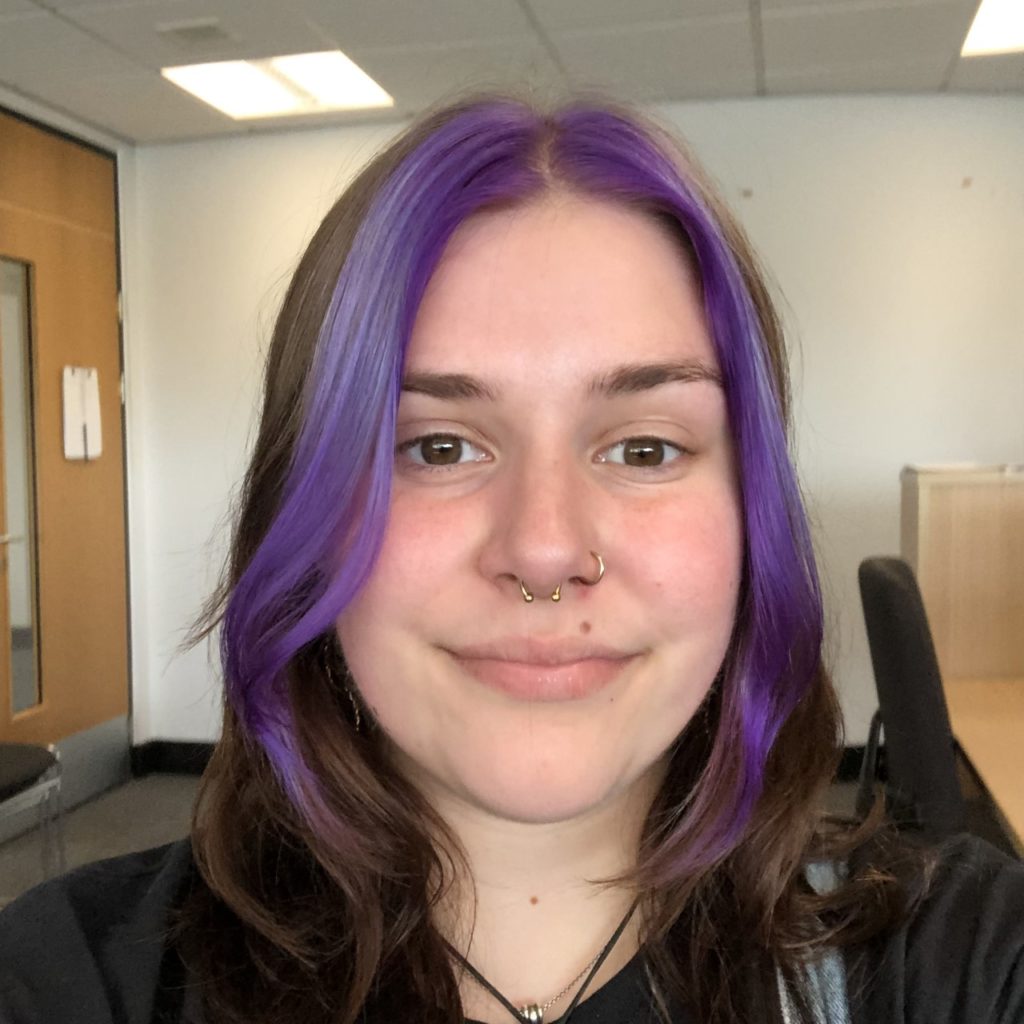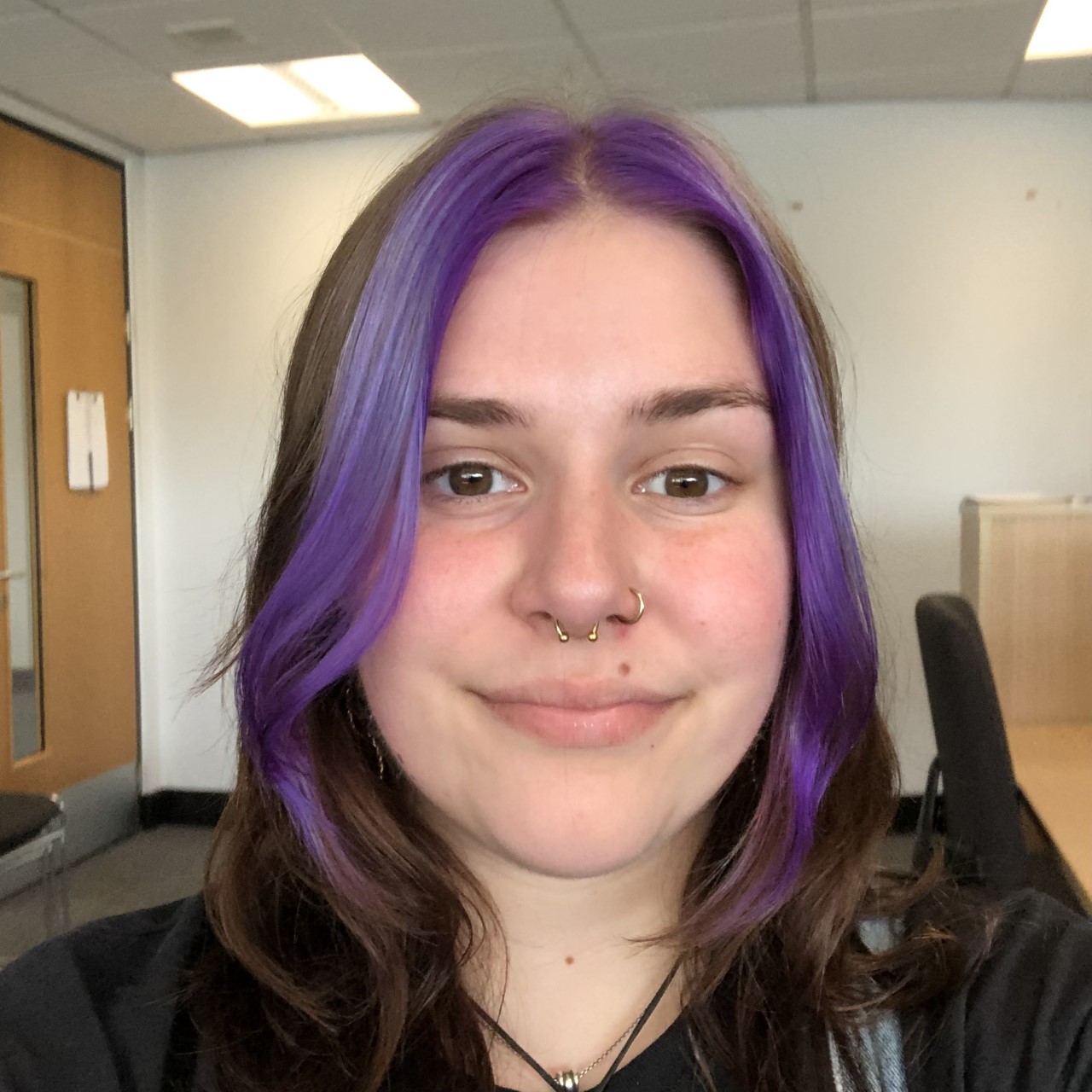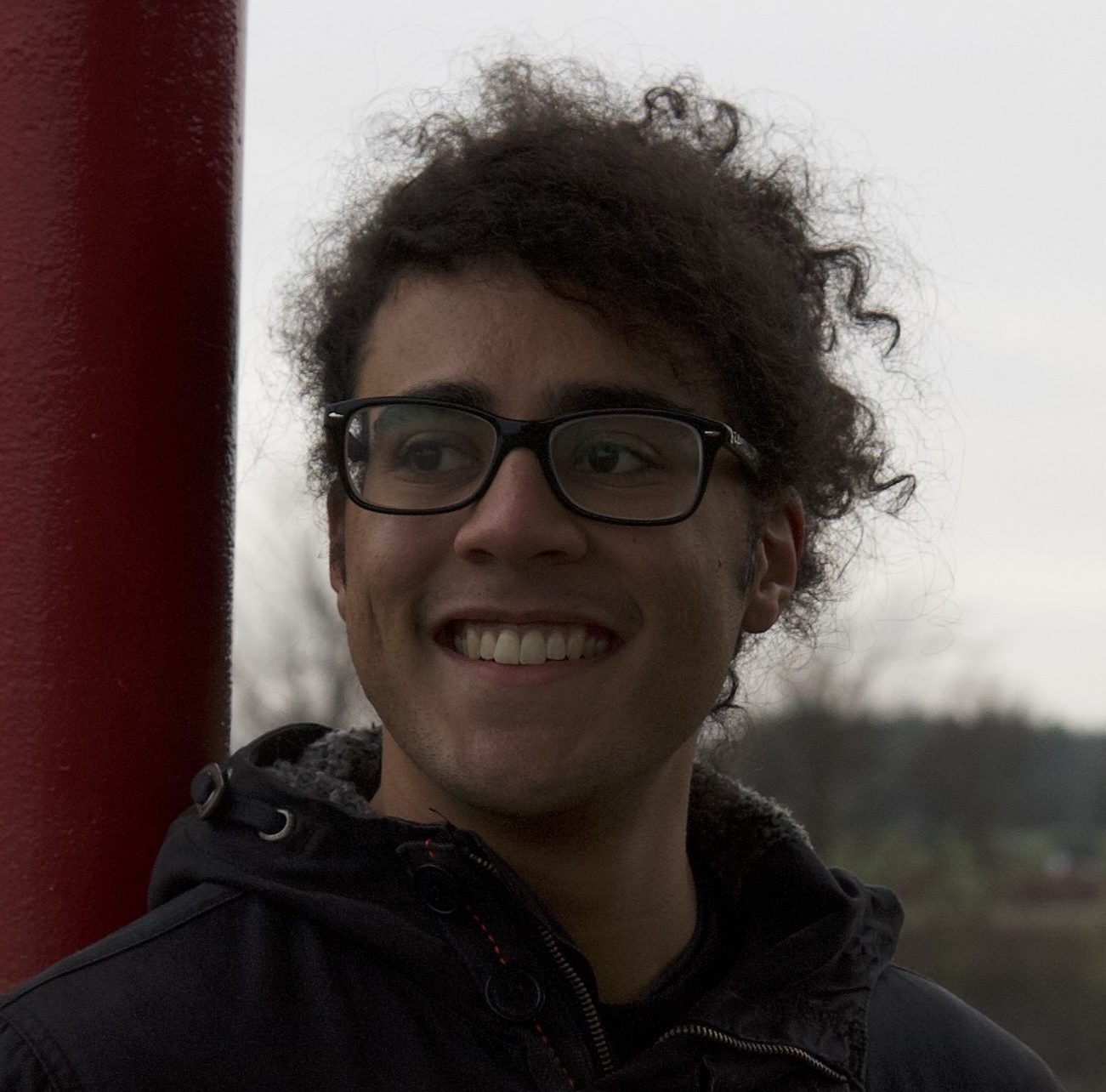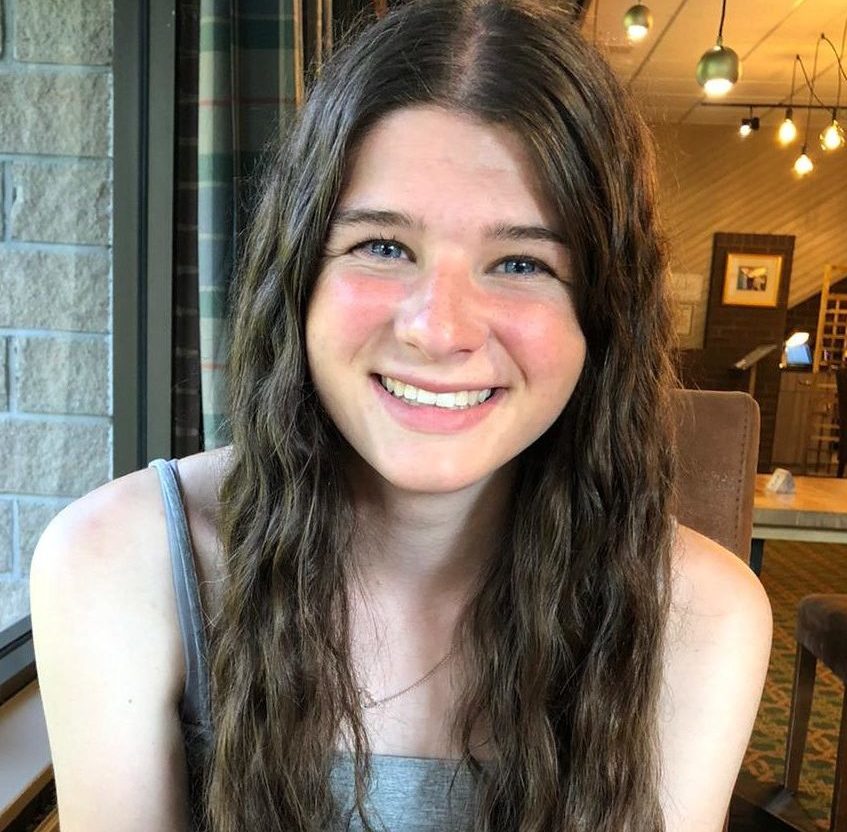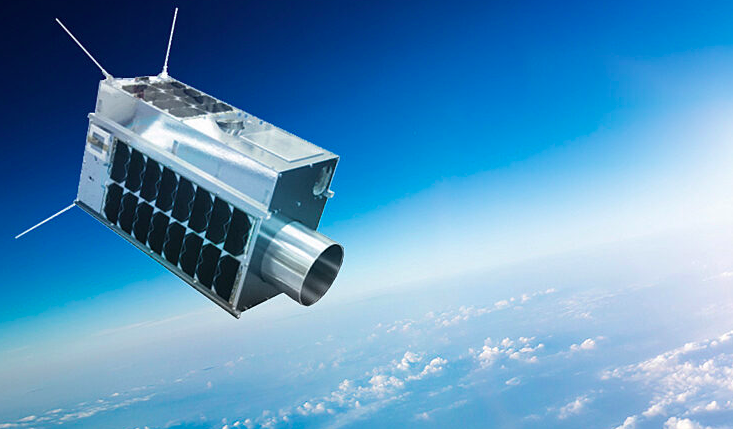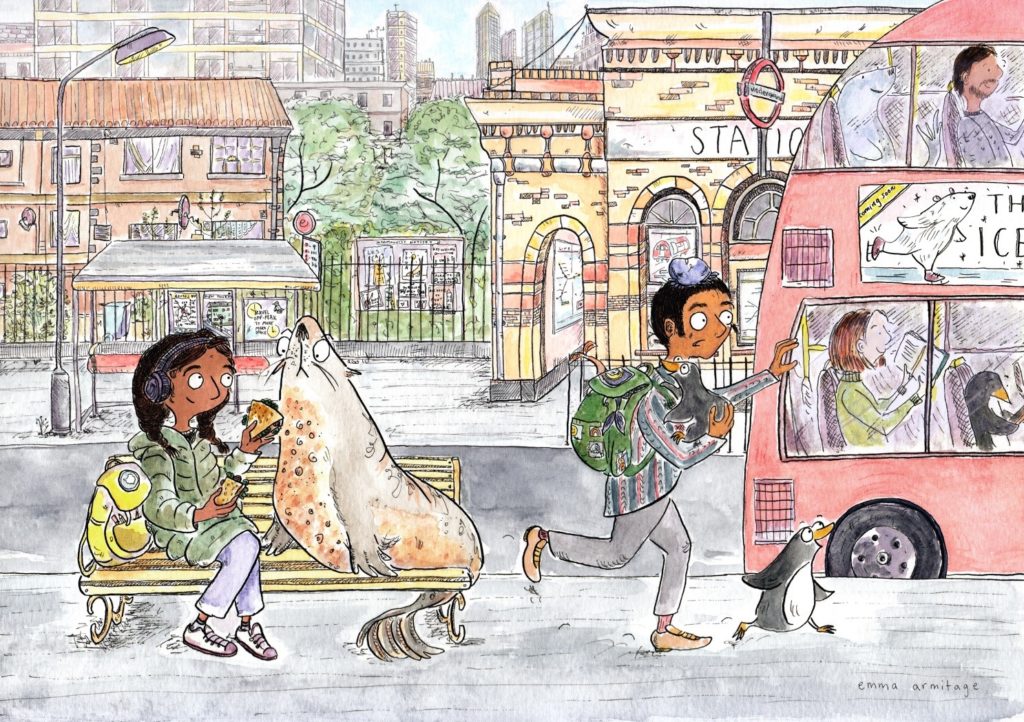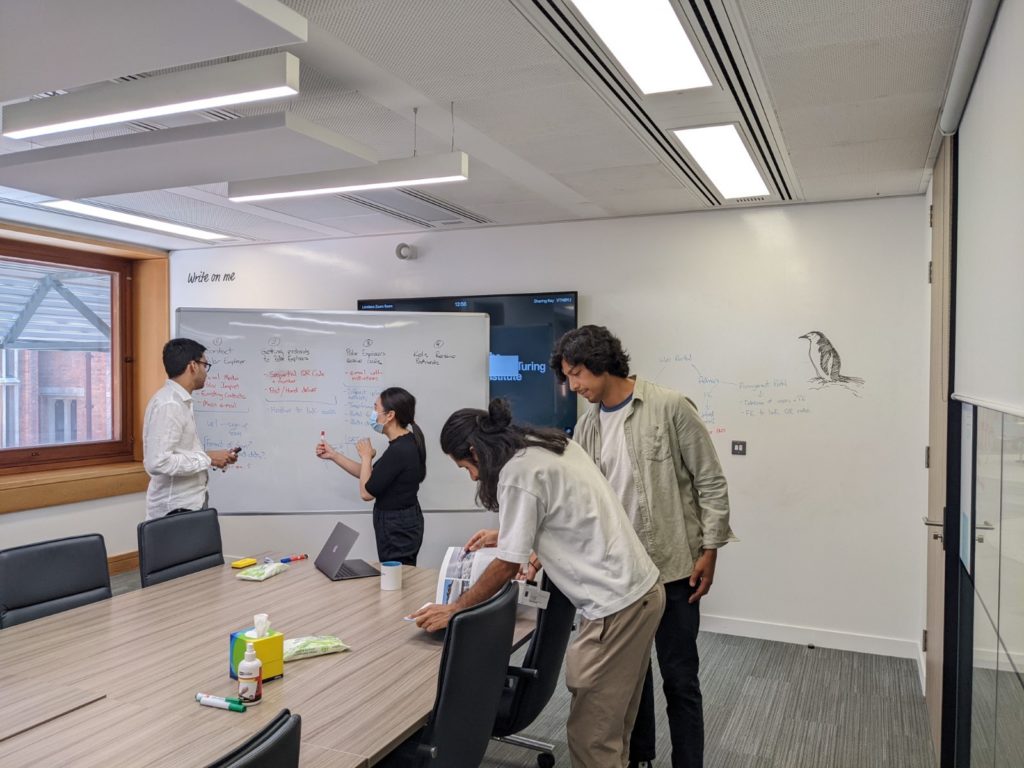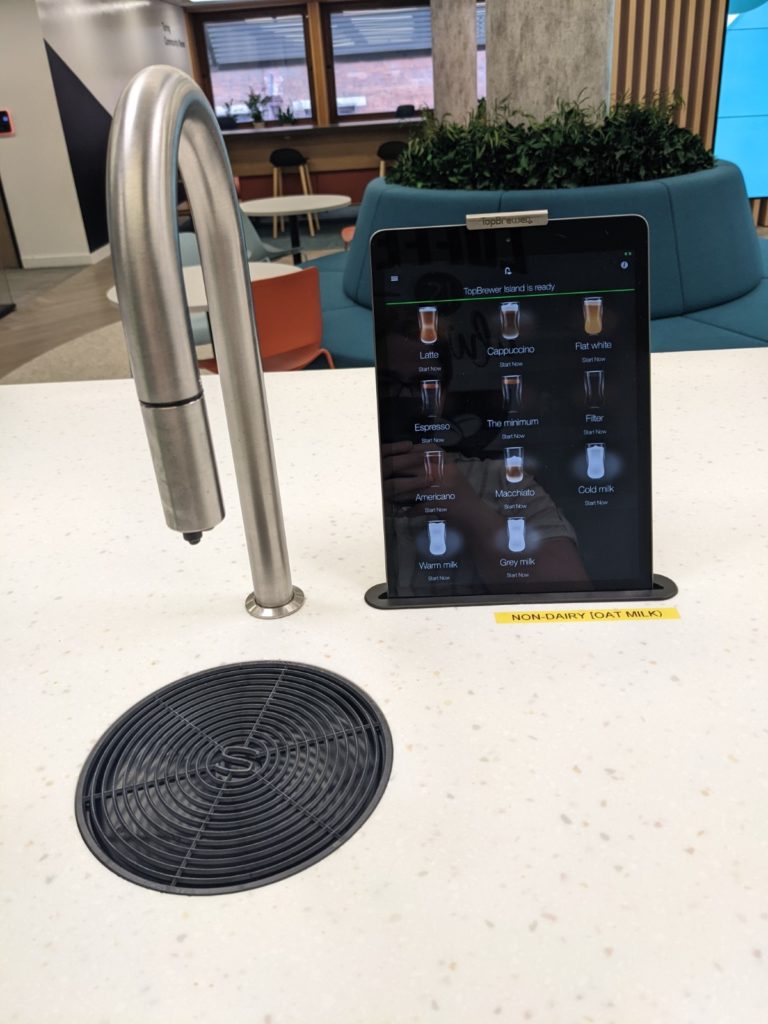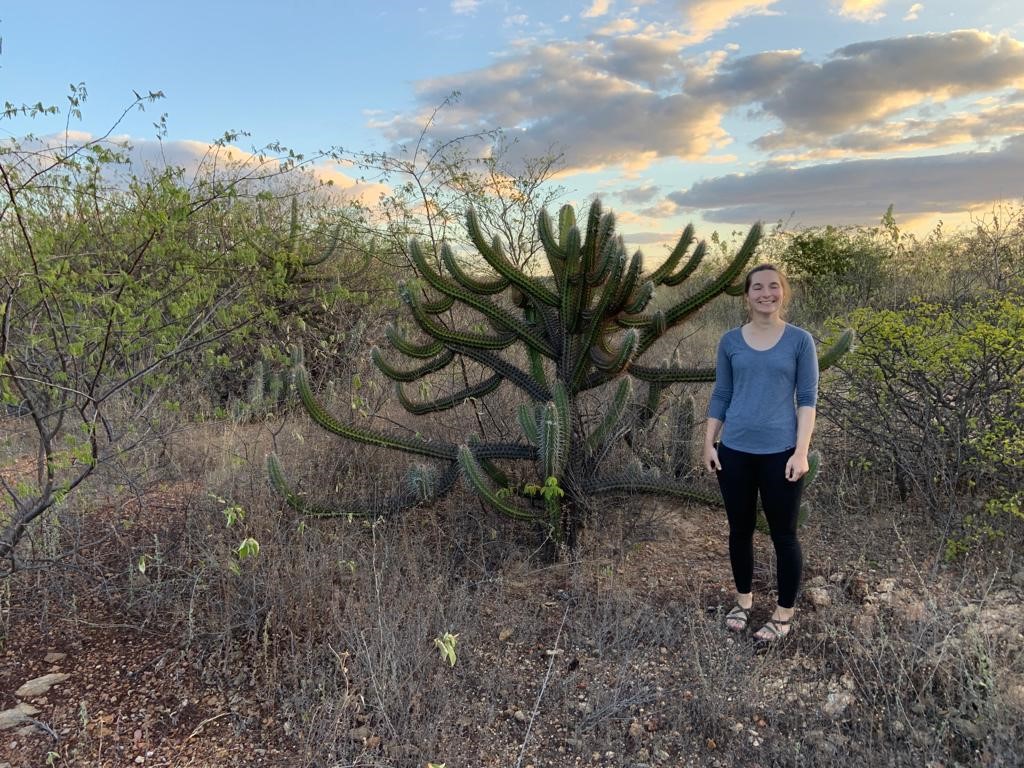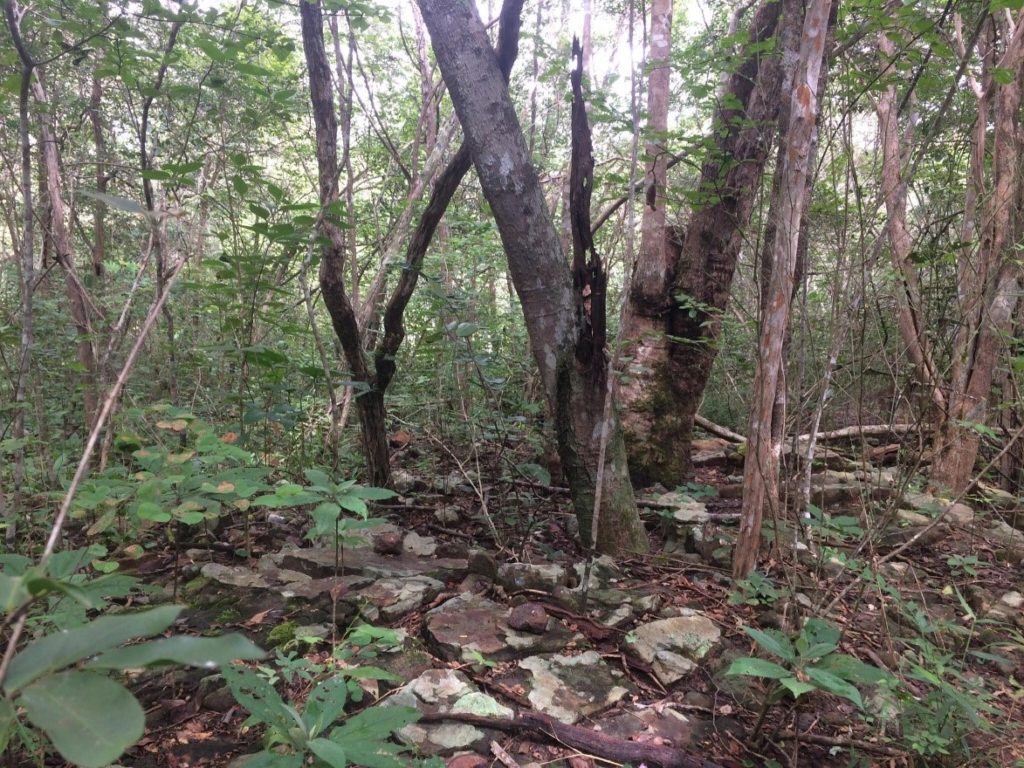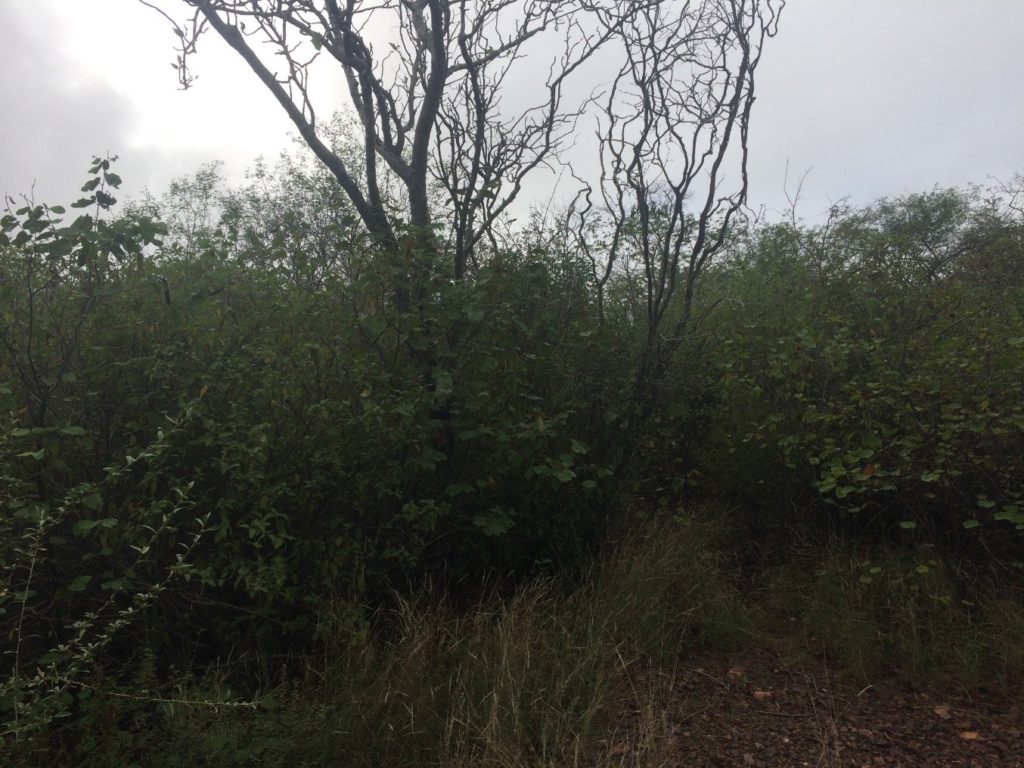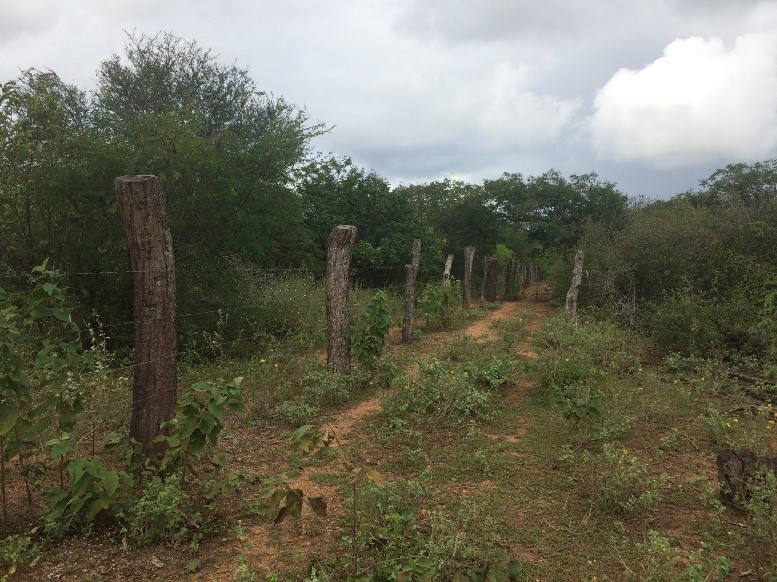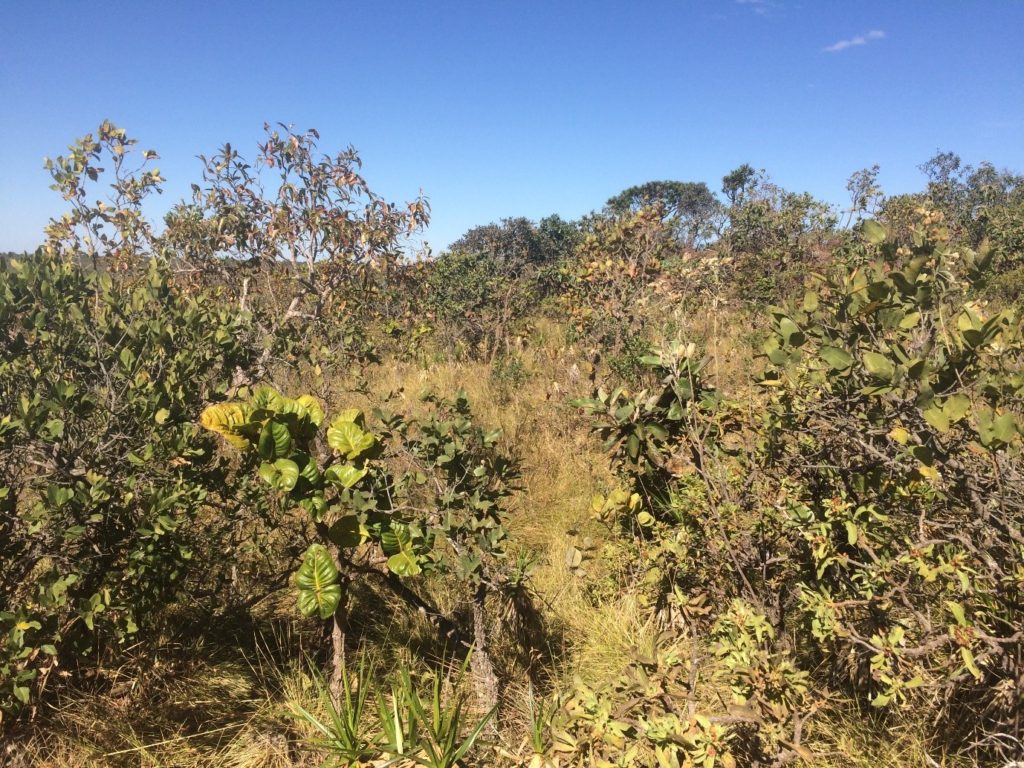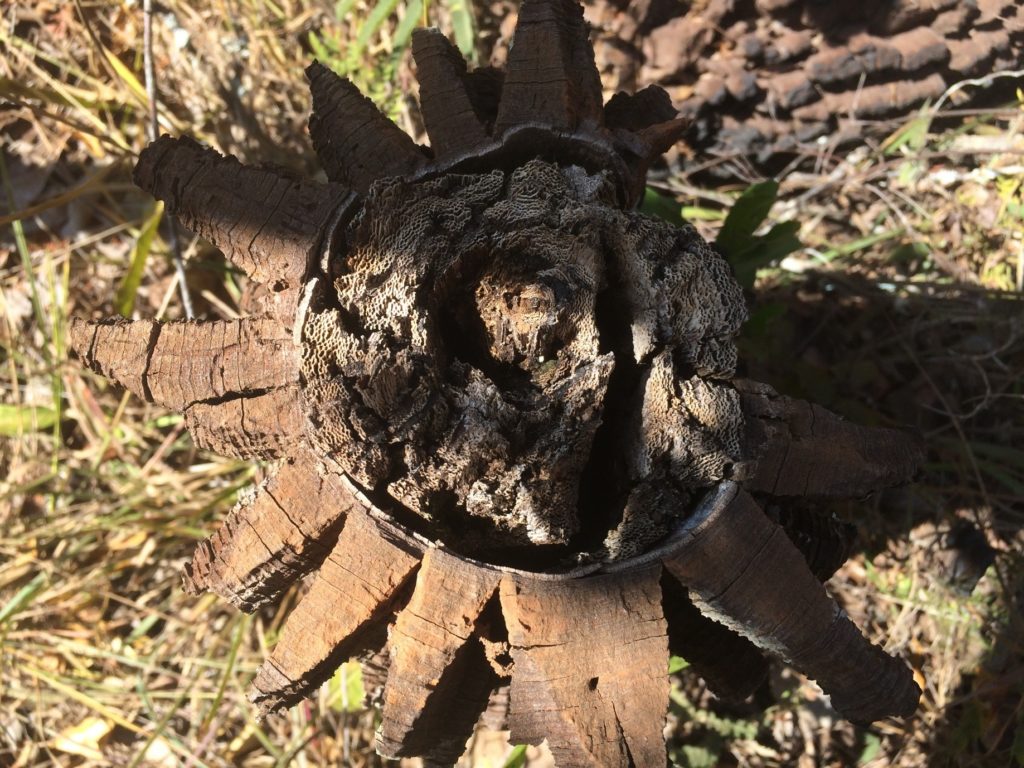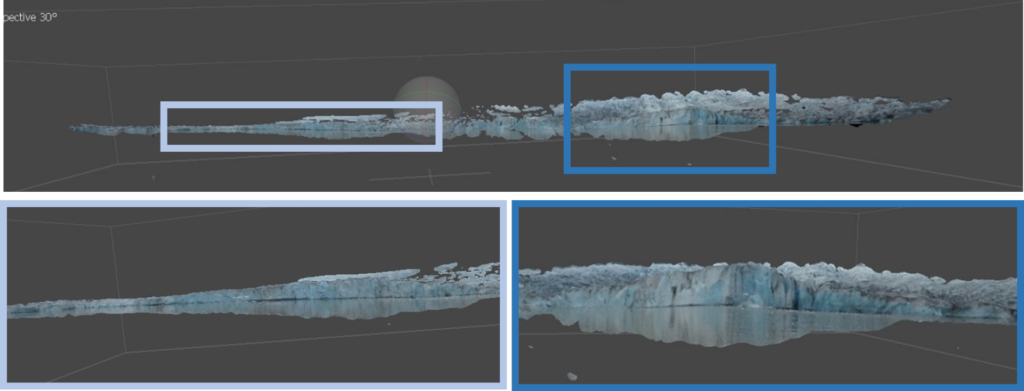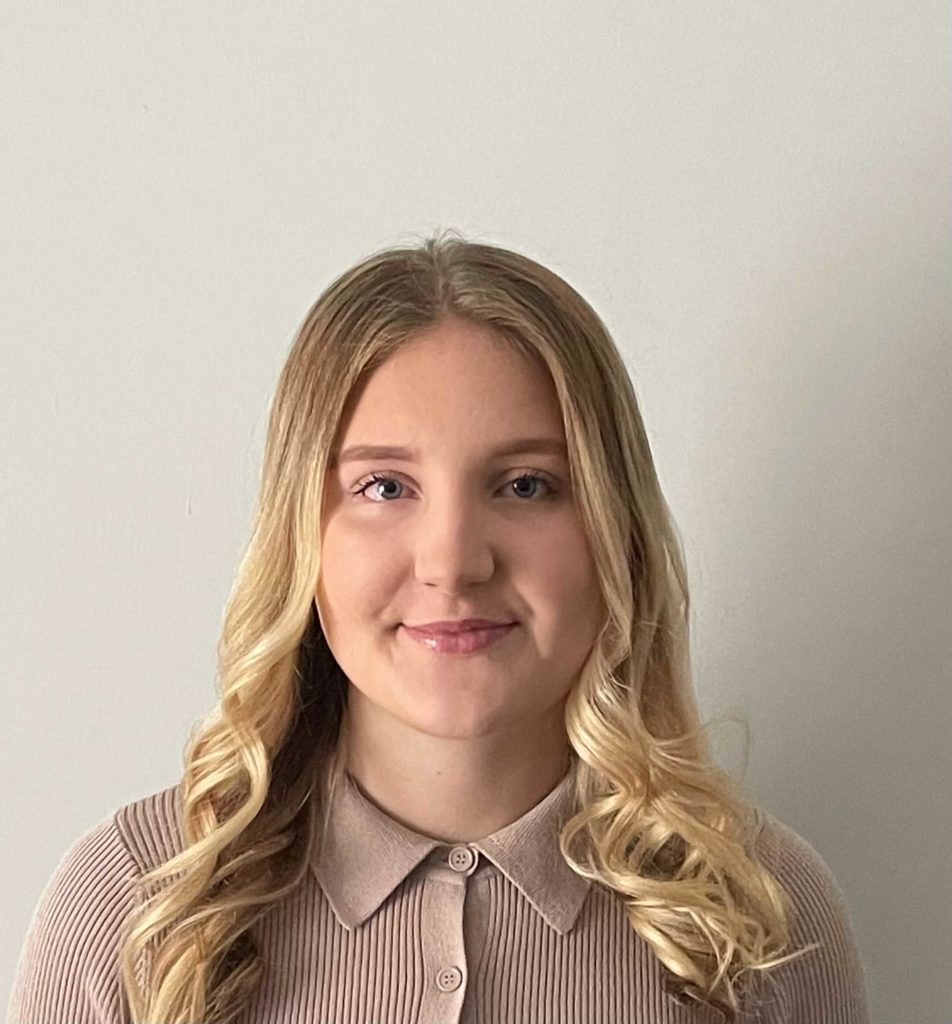Organising Committee: Heather Selley and Fran Morris
On the 23rd August 2021, Heather Selley and Fran Morris in collaboration with SENSE and with help from panelists ran a ‘Not Another Wellbeing Workshop’.
The session consisted of an introduction (Powerpoint can be accessed here) followed by two
panel discussions. The first panel focused on mental health issues as a PGR and the second
tips and tricks about how to manage your mental health. Finally, the University of Leeds
Counselling and Wellbeing Service outlined some of the support they can offer. After the event
the powerpoint with collated resources for both the University of Leeds and Edinburgh were
circulated as well as two further coffee breaks later in the week for if attendees wish to continue
discussions.
Padlets were used to identify key themes for the panels and allow questions to be asked
anonymously. These will remain live:
This was the first attempt at this kind of event and as such relied on volunteers coming forward
to be on the panel as such it resulted in a panel of people who were all white women.
There were 50 people present (42 attendees, 5 panelists, 1 chair, 2 support staff).
The mental health issues discussed by the panel included anxiety, depression, eating disorders,
mood disorders, neurodivergence, chronic illness, bereavment, suicide and stress.
Statistics from polls and the feedback form:
● 90 % of attendees have struggled with their mental health as a PGR with the remaining
10 % uncertain.
● A third of attendees had taken time out of their research because of their mental health.
● 100 % of attendees found the workshop useful.
● 95 % of attendees would like similar events to run more regularly, with the remaining 5 %
not sure.
● 56 % of responses felt the workshop very much helped them empathise with those who
have struggled with their mental health and 44 % helped them.
● 45 % felt they had learnt many ways to help colleagues with their mental health and 33
% learnt a few ways to help.
● 63 % felt their mental health struggles were very much reflected by the panel.
Feedback:
Parts of the session people particularly enjoyed:
● The honesty and openness of the panel
● Having a variety of career stages represented especially those who have completed their
PhD.
● Candidness about the issues of the academic system and what hadn’t helped them.
● The range of experiences covered by the panel.
“The honesty throughout the whole session”
“I really appreciated how open the panel were with their experiences, it was very
refreshing to hear PGRs and those beyond PhD talk about their own mental health. After
attending the workshop I feel so much less alone and like my feelings have been
validated. The resources and suggestions I will take away from the session will really
help me, and I look forward to continuing the conversation.”
“Hearing an honest reflection of how people felt I thought having Rachel on the panel
was very helpful as she had the perspective of someone at a different stage of her
career”
“Panel sharing their own experience, the range of experience in the panel and seeing
people at different career points talking about mental health”
“I liked how brutally honest the panellists were about what hadn’t been helpful and their
annoyances with many of the systems in place”
“I liked how open and frank it was”
“Hearing others’ experiences was really interesting”
Topics they would like to be seen in future events:
● More discussion/help/tips on asking for help with both supervisors, support staff and
peers.
● More about University of Edinburgh resources and how this compares to the University
of Leeds.
“Not that I can think of”
“It would be good to hear more about the UoE support and services and how these
compare to what is on offer at Leeds”
“I think a good range of topics were covered, I can’t think of any of interest that were not
addressed”
“More discussion/help/tips on having conversations asking for help. Ways to approach
people when struggling to reach out, maybe in terms of asking supervisors or peers.”
Improvements for future sessions:
● Panellists with more diverse backgrounds and experiences including parents and
part-time students.
● Collating some of this knowledge into a handbook or added to current ones
● More similar events.
“I think collating some of this knowledge to be included in student handbooks would be
helpful”
“Include panel members with diverse backgrounds and experiences (as they noted).
Including parents doing PhD’s and part-time students.”
“I would like to see more similar events!”
Key themes and issues that arose from mental health panel session and padlets:
● The pandemic, lack of additional resources for example funding has led to additional
stress. The communication from management has been hostile and it’s been difficult to
integrate into the department.
● Loneliness and isolation, especially with working from home for the past year.
● The stigma and judgement associated with being diagnosed with a mental health issue.
● Lack of accountability in the academic structure for unacceptable views and comments
around mental health.
● Advocating for yourself is really hard and often is the only way to get help.
● The academic system being elitist, ableist, racist, sexist and often discriminatory. There
is a general feeling of not belonging.There was a lot of feedback that by just
acknowledging these issues the feelings and struggles of attendees were validated.
● Imposter syndrome is very prominent.
● The workload and culture of overwork. Lack of role models above you with a good work
life balance. Also, lack of transparency about how many hours you should work.
● Motivation, it’s difficult maintaining a steady pace particularly when so much is going on
in the world.
● The burden of educating on issues that affect you often falls on those most affected with
no compensation.
● PhDs can feel like your life is on pause whilst others around you are buying houses and
reaching milestones. There’s almost a silent expectation that a PhD should be your
whole life.
● Inaccessibility of information, whilst there is induction often this information gets lost.
There needs to be better information which is more intuitive to find. Also, clarity about
who to go to if you’re having issues that’s not just your supervisor.
● Issue of no maternity and sick leave, it leads to people working when they’re not well/
shouldn’t be because of time/financial pressures. This is also poorly communicated and
seems a lot of staff are unaware of the process/rules.
● Navigating that middle zone/grey area – are you staff or are you students? – greater
clarity needed here, and how you can access the right resources, i.e. student resources
are not always right, ditto staff ones.
● Some supervisors need to just be better, but how do we get them to engage, care, listen,
etc.
● Perfectionism and how difficult it is to gauge how well you’re doing.
● The low pay and lack of worker rights leads to feeling undervalued.
● It is easy to become overwhelmed and difficult to know what to focus on.
● There is a big power dynamic issue with supervisors having a big impact on your future
career which often results in people hiding or masking their issues.
● The uncertainty of what’s next after PhD/Postdocs is highly stressful to many.
Key themes and issues that arose from tips and tricks panel session and padlets:
● Having more than one thing that helps you is really important. For instance, exercise is
great but what if you break your leg and then can’t.
● What works for one person may not work for another.
● Depending on where you are on your mental health journey different things will help.
● A coping mechanism can become unhealthy if used too much.
● It is okay to feel the way you do.
● The importance of trying to access help before reaching crisis point and investing into
yourself when you’re on the upswing.
● The best thing to do if you think someone is struggling is to check in, ask if they’re okay
and offer to be there for them. However, you need to understand that you may not be the
person they want to confide in but just saying you’re there if they need you does a lot.
● You don’t have to disclose everything. You can just share that you’re struggling a bit at
the moment and don’t go into specifics.
● It’s okay to not have the answer. A lot of the time the person themselves won’t know
what will help. Just by giving space to share concerns can be enough.
● Toxic positivity doesn’t help anyone and often adds to the guilt that comes with having a
mental health issue. The ‘someone has it worse’ narrative doesn’t help anyone.
● Medication isn’t always the answer but can be really helpful. There are many different
ones so you may have to try a few to find one that works for you.
Takeaways/thoughts:
● Acknowledging the issues of the academic system, not just adding another wellbeing
session validated attendees experiences and brought comfort that they’re not alone. The
university messaging often comes across as selling the wellbeing sessions as the fix to
everything when in reality there is only so much resilience you can build.
● Support and set expectations to have a life/work balance for students and colleagues.
Clarity on expected working hours and how many days you should take for holiday as a
minimum. Reassessing workload allocations/expectations.
● More clarity about who to go to if you have issues with your supervisor and they also
need to be approachable.
● A minimum requirement of supervisors to know what to do/where to point people if
someones struggling and what the process is to pause or move to part time PhD.
● Supervisors don’t have to/shouldn’t be your only source of advice and help but clarity
about who else you can go to and services. This at a minimum could be sharing the
PowerPoint from the workshop.
● There is an appetite for support networks/community among PGRs focusing on mental
health and struggles as unique to PGRs.
● More regular events, like this workshop, to come together and discuss mental health and
the issues in academia, especially for first years starting remotely.
● Working towards creating a culture where people feel comfortable disclosing about their
mental health issues if they wish to but also aren’t obligated.
● More transparency from people further through academia, if they’re comfortable, about
their experiences with mental health/struggles. Anonymous survey of staff’s attitudes
and experiences with mental health. The PGRs surveys and workshop has given us a
variety of statistics to report and a gauge of attitudes in the population. There are a lot of
assumptions that more senior staff (PGR+) may be less receptive and understanding of
mental health. It would be useful to know if this is representative or not
● Moving away from minority communities having to invest extra time to educate on issues
with all the associated work falling on them without compensation.
● To encourage openness Mental health in academia posters could be placed around the
buildings and included in welcome information.
● Consider incorporating active bystander training which teaches you how to respond in a
safe non-confrontational way towards any type of inappropriate behaviour or
discrimination.
Questions asked at the panels:
Panel 1
• What do you think it is about the academic environment that causes a toll on mental health of
PhD students at large?
• Have any experiences of events during your PhD which affected your mental health?
• Do you have any thoughts on the classification as PGRs as sometimes students and
sometimes staff?
• [to panelist who’s finished their PhD and Postdoc and now works in a research lab] Do you
have any reflections on these experiences looking back on your PhD?
• Do you ever have days where you feel like you get nothing done? (also touched on How do
you deal with guilt associated with taking time off?)
• Have you ever thought of quitting your PhD, and if so why did you choose to stay in
academia?
Panel 2
• When you’re dealing with poor mental health, what do you do in the moment to help you cope
with a crisis?
• What have you done in the long term to develop strategies to cope with mental health
struggles?
• How do you deal with isolation, especially currently?
• How do you talk to your friends about mental health without feeling
• How do you talk to supervisors about being overworked?
• How do you deal with supervisors who are unsupportive about mental health?
• What’s the worst thing that someone can say to you when you’re struggling with mental health
/ What are some ways that you can support your colleagues with mental health?
